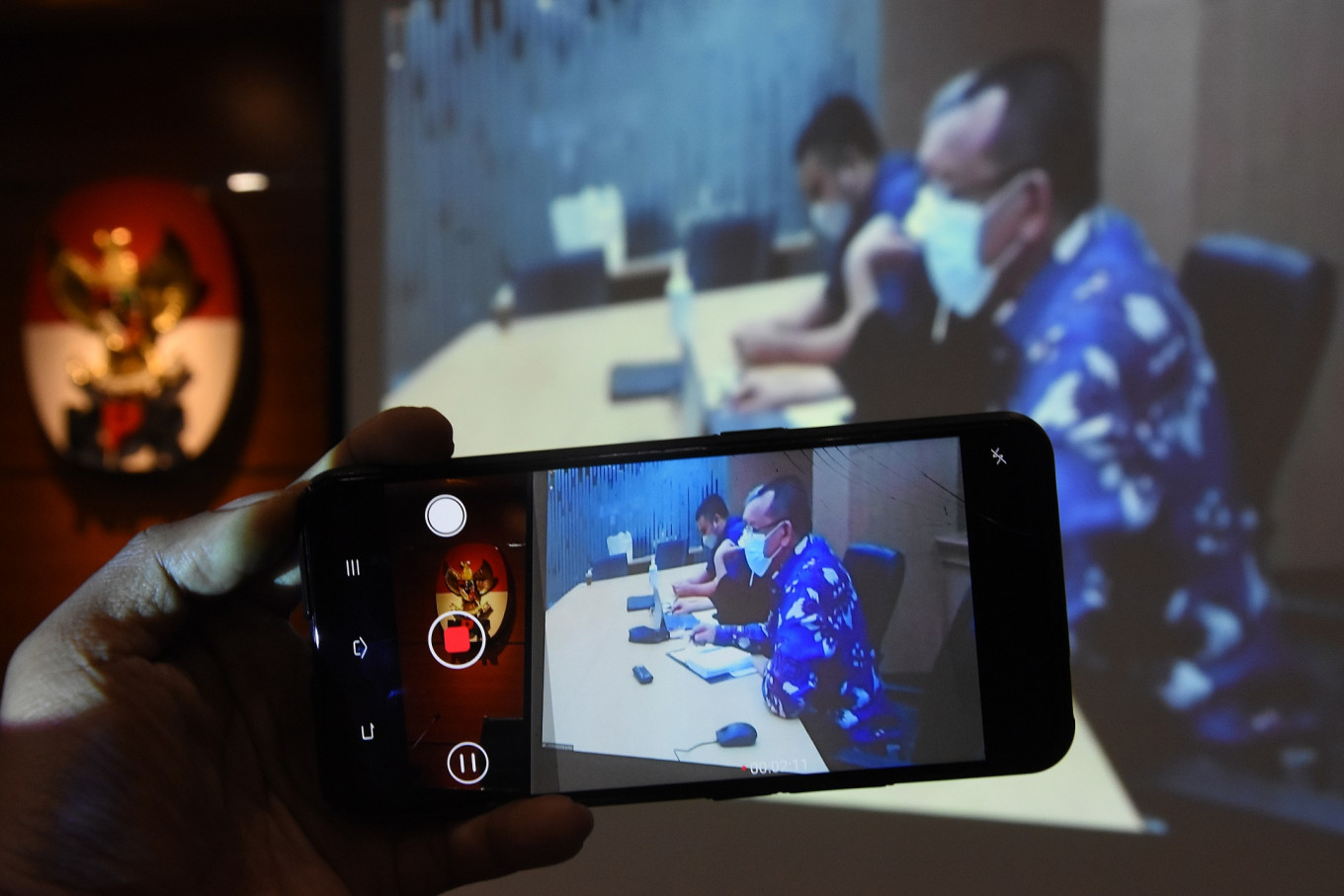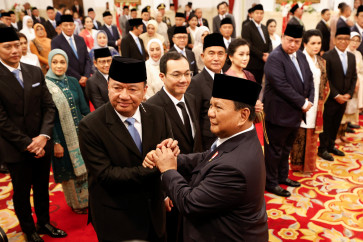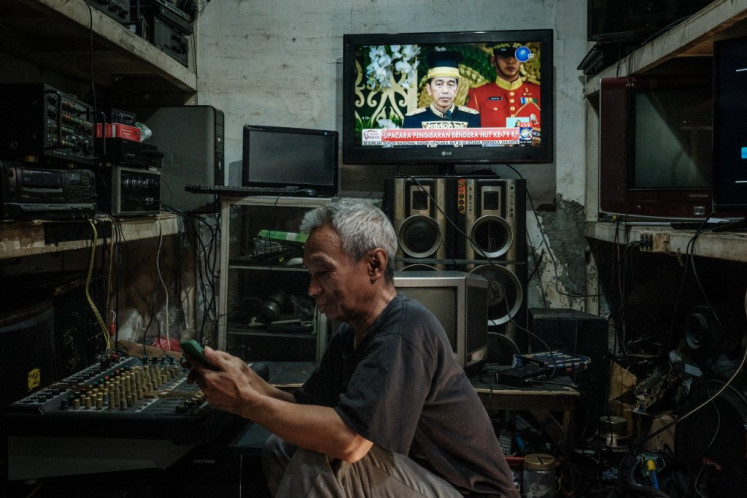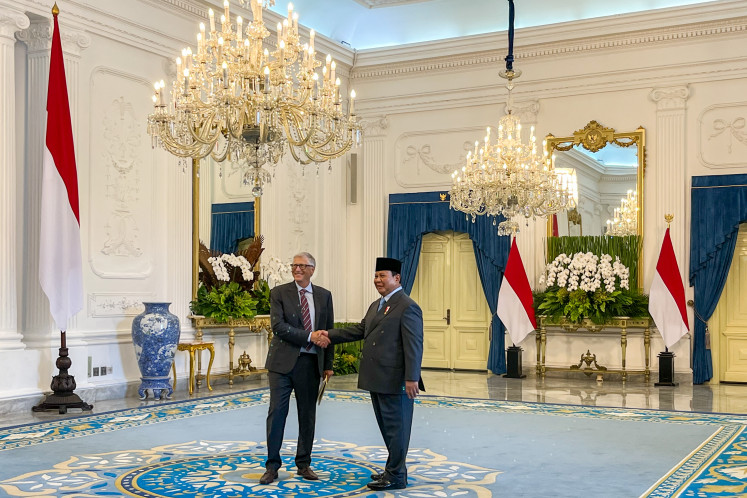Judiciary’s esprit de corps
Nurhadi deserves a hefty sentence not only because he has sacrificed his integrity as a defender of justice, but also because his accepting bribes has undermined public confidence in the country’s judiciary power.
Change text size
Gift Premium Articles
to Anyone

T
he country’s judiciary has once again sparked a controversy after the Jakarta Corruption Court sentenced former Supreme Court secretary Nurhadi to six years of imprisonment last week for accepting bribes. For Nurhadi, the jail term must be too long, but had justice been fully served, the Court should have put him behind bars for at least 12 years, as demanded by the prosecutors.
Nurhadi deserves a hefty sentence not only because he has sacrificed his integrity as a defender of justice, but also because his accepting bribes has undermined public confidence in the country’s judiciary power. The prison sentence is just too little to debunk the long-standing public perception that the “judiciary mafia” really exists.
The corruption court found Nurhadi and his son-in-law, Rezky Herbiyono, guilty of accepting Rp 49 billion (US$3.5 million) in connection with three cases filed with the Supreme Court, including a civil case filed by private company PT Multicon Indrajaya Terminal (MIT) against PT Kawasan Berikat Nusantara, between 2011 and 2016.
The panel of judges did not take into account the fact that Nurhadi had committed obstruction of justice by failing to heed Corruption Eradication Commission (KPK) summonses for questioning and by going into hiding, forcing the KPK to declare him a fugitive. It took the KPK four months to finally capture Nurhadi and Rizky in June last year in a house in the upmarket Simprug area of South Jakarta.
The judges did not order Nurhadi to pay restitution either, as the KPK had demanded, saying the bribes he had accepted did not inflict losses to the state. This outdated judgement fails to take into consideration huge losses the state suffered from the verdict-buying practice involving Nurhadi.
Further raising many eyebrows, the panel of judges considered Nurhadi a figure that had contributed to reforms within the Supreme Court, while in fact the bribery case proves the contrary. The blatant breach of the oath of office has spoilt the fruits of the reforms, which were initiated in early 2000s partly to prevent judiciary corruption.
Maximum punishment for a member of the judiciary is not without precedent. Former Constitutional Court chief justice Akil Mochtar was sentenced for life in 2014 for accepting bribes from regional election candidates.
It is understandable, therefore, that a disappointed KPK is mulling challenging the verdict, as the leniency shown to Nurhadi has weakened the fight against graft. A heavy sentence could have produced a deterrent effect.
The KPK, if necessary, can level money laundering charges against Nurhadi, as the recent trial discovered that the defendant had spent the bribe money on purchases of, among other things, luxury goods and property. The KPK had seized the assets, but this does not change the fact that the crime had been committed.
Given the questionable verdict, the Judicial Commission should step in and examine whether the panel of judges had maintained impartiality or whether an esprit de corps was at play in Nurhadi’s bribery case. To prevent conflicts of interest in future trials of judges, the corruption court could perhaps assign a panel dominated by ad-hoc judges.









